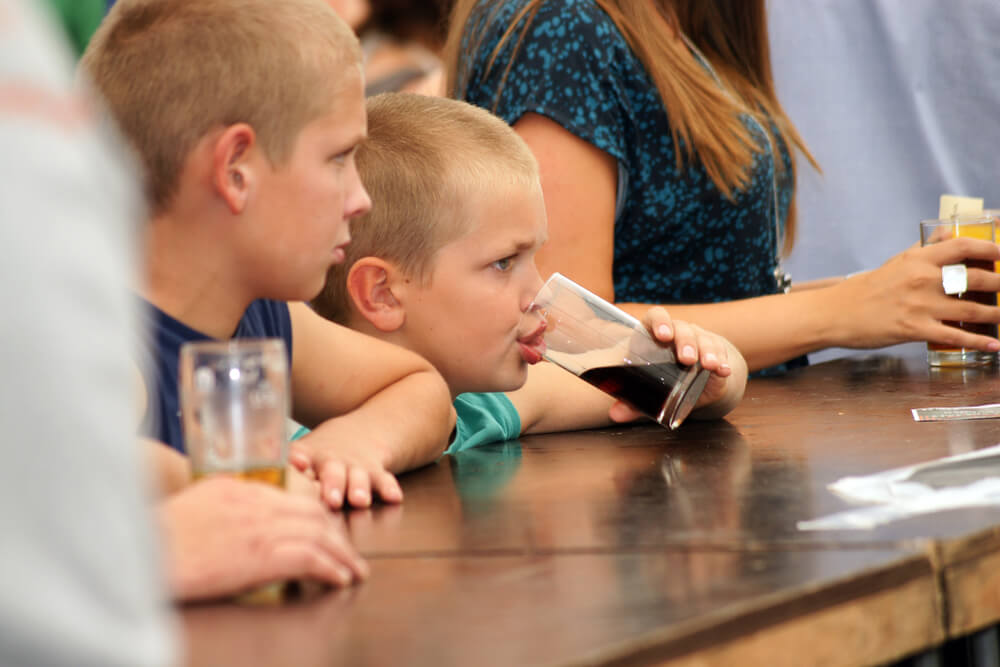For many parents it may seem like an exaggeration that soft drink consumption can promote aggressive behaviors in their children, however, exaggerated or not, science supports this idea. .
The literature indicates that there is a clear link between aggressive behavior and children’s consumption of soft drinks, but does it happen to all or certain types?Does this have to do with sugar, caffeine, gasification, additives or a combination of several factors?
- Gradually.
- We realize the benefit that can be gained by removing sugary drinks from children’s diets.
- Doctors and nutritionists have made it clear that soft drinks bring empty calories to children and contribute to rising rates of childhood obesity.
- Sugary drinks.
- As they are one of the main causes of cavities.
In addition, many soft drinks also contain caffeine. Caffeine isn’t just about changing children’s behavior and changing the time they can fall asleep. This substance can cause headaches, stomach pain, nervousness and sleep disorders. In addition, caffeine has also been associated with certain behavioral problems and nervous system disorders. Even in small amounts, caffeine can produce these effects in children.
The behavioral problems associated with soft drinks are not an issue that can be seen superficially, if health problems are not sufficient to force parents to take certain measures, behavioral problems related to the consumption of such beverages are added to the list of reasons.
A 2013 study, published in The Journal of Pediatrics, found that aggression, weeding behavior, and attention issues are related to soft drinking in young children (Suglia, 2013).
Researchers evaluated 3,000 children in 5 years of age in 20 different cities in the United States and found that consumption of this type of drink was related to aggressive behavior.
This requires isolating their influence, eliminating important factors such as maternal depression, parental detention and domestic violence; In addition, children who drank four or more soft drinks a day were twice as likely to end up destroying other people’s property.
The link between soft drinks and aggressive child behavior is unclear. Because soft drinks are highly processed, researchers suspect that certain ingredients, such as aspartic acid or phosphoric acid, may be related to behavioral problems.
Caffeine has also been linked to some behavioral problems in children, so researchers suspect that caffeine content may also be part of the problem.
In addition, high consumption of this type of sugary drink can also affect blood sugar levels. Low glucose levels can cause children to crav for soft drinks, but they also become withdrawn or aggressive.
Studies have also linked adolescent emotional and behavioral problems to soft drinking. A study, published in the International Journal of Injury Control and Safety Promotion, related soft drink consumption to aggression, depression and suicidal behavior in adolescents (Solnick and Hemenway, 2013).
According to researchers, the more soft drinks teens drink, the more likely they are to get involved in fights. In addition, they found that teenagers were more likely to feel sad or hopeless and to have suicidal thoughts or behaviors.
In short, among the many factors that can make a child systematically aggressive is drinking, removing this type of drink from your child’s diet can significantly improve their behavior.
This type of drink includes soft drinks, sugary drinks, processed juices, caffeinated beverages and energy drinks. Is it especially important not to allow children to drink energy drinks?including drinks considered sports. Many of these drinks contain stimulants such as guarana and taurine, as well as a high caffeine content.

